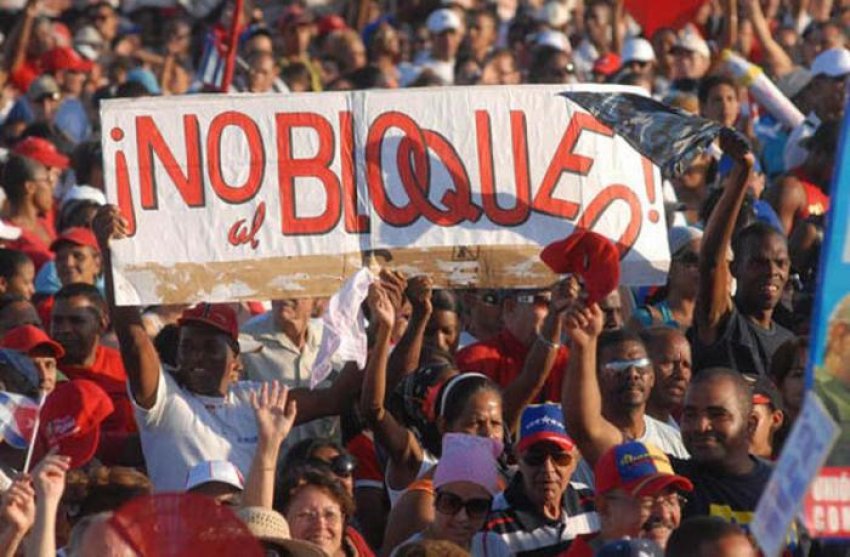
The Cuban government gave the green light, on August 6, for the creation of micro, small and medium-sized enterprises (MSMEs).
Two months previously, in June, the government approved giving legal status to private businesses, many of which have been operating — in some cases lawfully and in others unlawfully — under the category of “self-employed”.
MSMEs will be classified according to the number of workers involved: micro (1 to 10 workers), small (11 to 35 workers), and medium (36 to 100 workers).
Cuba’s private sector has been growing in size and importance in recent years. Self-employed people currently make up more than 13% of Cuba’s workforce — about 600,000 workers.
However, up until now, no formal legal structure had been approved for the structure of MSMEs. That has meant that only a “natural person” in law (an individual) could apply for a licence to operate a business.
These changes will now permit Cubans to establish the equivalent of a private limited company with both “members” and “employees”.
An MSME will be liable for its obligations to third parties with all the assets that make up its patrimony and will have:
• a board, where agreements related to the operation of the company are adopted;
• an administrative body, responsible for the management and representation of the MSME, and;
• a supervisory and control body, to oversee compliance with relevant laws.
Where, however, an MSME is owned by a single person, it will not have a board as such.
A series of reforms since 2010 have allowed Cubans to work as self-employed people in the private sector. However, until recently they were only able to work in 127 fairly narrow categories defined by the government.
Most government licenses to operate related to the service industry, such as running a small shop, or restaurant, or driving a taxi.
The Cuban government decided, in February, to open up much of the economy to the private sector, except for key areas such as health and pharmaceuticals, education, tobacco production, media and communications and defence.
About 2000 activities have now been made available to self-employed workers. The new list opens major new space for many forms of manufacturing.
State-owned companies are the norm, and — as the government is at pains to point out — that is intended to remain the case. Prime minister Manuel Marrero Cruz said in June that the expansion of permitted private activities will not be allowed to go too far “as there are limits that cannot be exceeded”.
Alejandro Gil Fernández, Cuba’s deputy prime minister and minister of economy and planning said: “The first MSMEs will be created from the current businesses run by self-employed workers, a sector that hires a lot of workers.”
In the case of state-run businesses, Fernández said: “We are conducting a study to see which organisations could join this experience, always with the priorities of the country as their main focus.”
The economy shrank by about 11% last year, being the biggest contraction since the “special period” in the early 1990s after the collapse of the Soviet Union.
The economy is in bad shape for a number of reasons, the main ones being the downturn in tourism as a result of the COVID-19 pandemic, a bad export year in the agricultural sector, due to the effects of a drought, and, most importantly, the US blockade which for decades has strangled Cuba.